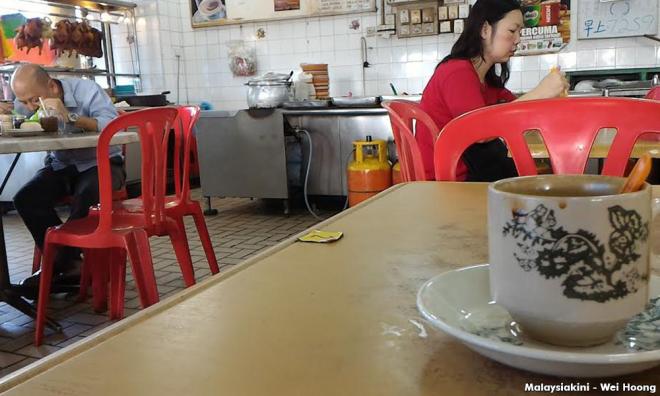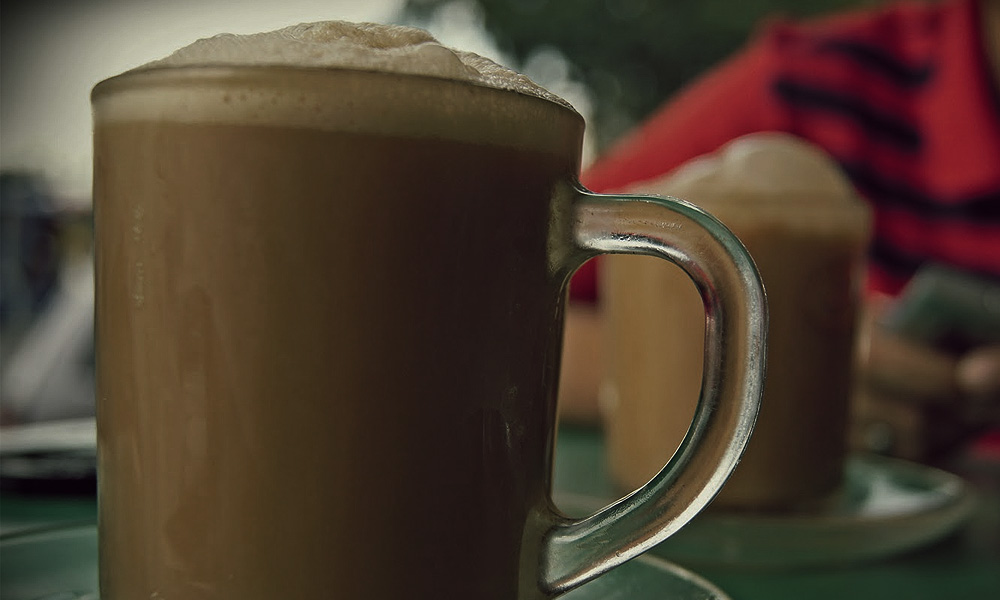Jabatan Agama polis MUST stay out of non-Muslim kopitiam, more so when JAKIM couldn’t even prevent 40-years of non-halal and diseased frozen meat being consumed by Muslims

Would they order or advise the hundreds of VIPs and politicians who regularly dine in hotel restaurants to refrain from doing so because they don’t have a Muslim chef?
Ktemoc Konsiders
Race, religion and royalty have always been taboo subjects because they could be misinterpreted by selfish parties without understanding the issues or by twisting the contents of an observation. However, an exception has been made to address a recent incident which has stepped on the rights of individuals and threatens the thin fabric which is unsteadily holding us together.
In the process, the humble kopitiam has been inadvertently drawn into a controversy which cannot be dismissed as a storm in a teacup – the ramifications and implications could be exploited and could lead to a bigger upheaval.
The kopitiam is an institution – the ordinary man’s local. Almost all retain the old-world charm, reflecting the period they emerged, but new kids on the block have surfaced with modern designs and extended menus to cater for the needs of the new breed of young customers.
The true kopitiam experience is a cup of authentic local coffee brew, charcoal-grilled toast served with butter and kaya, and half-boiled eggs. Some have extended menus where local breakfast includes local fare like nasi lemak and other ready-made or easy-to-prepare local meals.

In Klang in the past, if one had a problem with officialdom, the Chong Kok kopitiam was one place where you could meet the District Officer or the police chief sans the formalities when they stepped in for kopi and roti bakar for their breakfast.
Similarly, the Railway Station kopitiam in Kluang has its own band of die-hards who meet not for just a tete-a-tete but serious discussions on everything – from television shows to politics.
The Kong’s White Coffee Kopitiam in Pasir Puteh in Ipoh is another favourite of the town folk. Getting a seat for breakfast is sometimes a long wait.
From Kangar in the north to Johor Bahru in the south, the kopitiam atmosphere is the same – people of various races, faith and occupation gather for their meal peppered with doses of gossip, serious talk or friendly banter.
As for the food, there has always been an element of mutual trust. The customers know that the owner would never put anything unpalatable or inedible to any customer, and the customer acknowledges and has confidence in the owner’s traits and practices.
This two-way faith and assurance had always existed, and even if there were no signs or indications if their food had been approved by any authority or the other. Everyone accepted that they could consume the food tanpa was-was (without doubts or suspicions).
Therefore, the “visit” by religious authorities to a kopitiam in Kuala Pilah last week has created ripples and caused unnecessary trepidation, anxiety and uneasiness among the food and beverage fraternity and above all, among right-thinking Malaysians.

